
In patients with cancer, psychological distresses such as anxiety and depression are associated with slower time from receiving a diagnosis until the first session of treatment.

In patients with cancer, psychological distresses such as anxiety and depression are associated with slower time from receiving a diagnosis until the first session of treatment.

Social isolation has become prominent among young cancer survivors, though social connectedness may be beneficial to wellbeing, a recent study showed.

When my daughter was going through cancer, I realized that connecting with one her peers going through a similar experience was incredibly helpful.
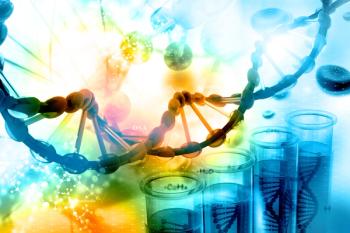
Patients with inherited cancer genes who are undergoing fertility preservation before treatment may be able to learn if their embryos have the mutation as well.
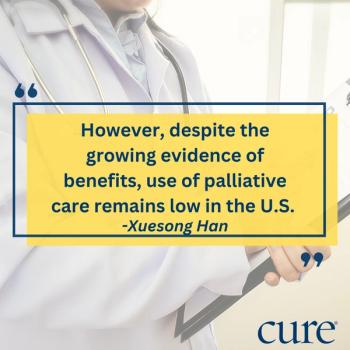
Palliative care can benefit patients with advanced cancer by integrating advanced care planning, pain and symptom management and counseling, among other aspects.

When it came to content on the mental health effects of prostate cancer, a review of YouTube videos found the results to be lacking.
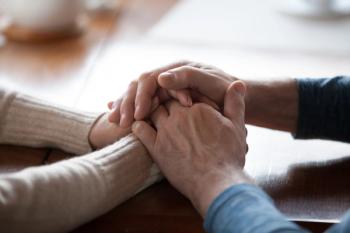
Patients 60 years and older with gastrointestinal cancers who reported inadequate emotional support were more likely to have poorer physical and mental quality of life, although no effect was observed in overall survival.

Patients with depression or anxiety at the time of a diffuse large B-cell lymphoma diagnosis tended to have worse survival, recent research showed.

I experienced unexpected rewards of decluttering.
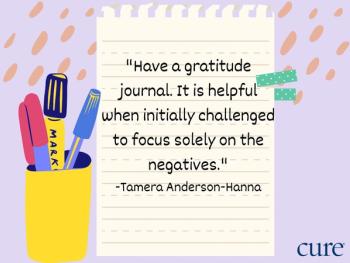
We asked our audience what life hacks they learned to make cancer treatment a bit easier. Here’s what they had to say.

After being diagnosed with an incurable cancer, I had to reframe my thinking to focus on the positive.

I learned that finding the right kind of support during and after a cancer diagnosis is truly invaluable.
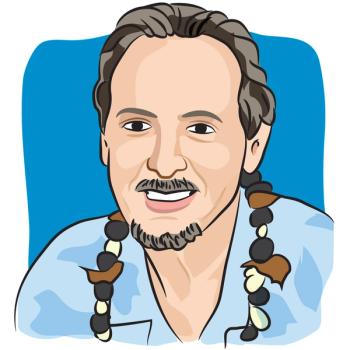
I’ve learned that “survivor’s guilt” can be another symptom of our disease.

Mindfulness meditation can make a big difference in the treatment experience of patients.

Cancer taught me not to worry about the little things.

Lasting guilt gets no one anywhere — especially when it comes to cancer.

Participants in the RESTORE study, results of which were presented this weekend at ASCO, saw “significant improvements” in depression and anxiety symptoms after using the Attune app.

Before every cancer scan, I used to prepare myself for the worst.
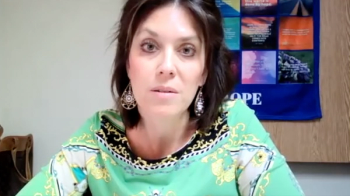
Patients with cancer often experience loneliness, and the COVID-19 pandemic helped the general public better understand what that isolation felt like, an expert said.

Living with a hereditary cancer diagnosis, it is crucial that I prioritize my physical and mental health.

Integrating a metastatic breast cancer diagnosis with the life you have takes time and effort.
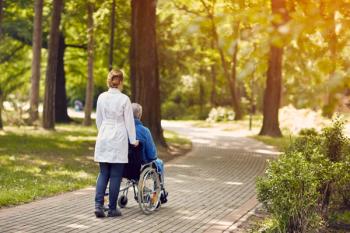
Hospice care can be a valuable resource for patients with late-stage cancer who want to improve the quality of the rest of their life.

Many cancer centers and nonprofit organizations offer resources for patients with cancer and their caregivers to see the support they need to navigate diagnosis, treatment and survivorship.

For the past nine years, I’ve struggled with waves of overwhelming fear of cancer recurrence. I knew I had an issue, but until recently, wasn’t aware of how much fear was affecting my life.
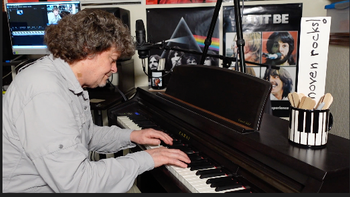
From music to poetry and dynamic storytelling, the first installment of CURE®’s Open Mic Showcase highlights the talents of patients and survivors of cancer.

After being no evidence of disease for about a year and a half, I am now fearing that I’m not fearing enough.

Looking back on my experiences with leukemia and with alcoholism, I realized that the 12 steps of Alcoholics Anonymous can be applied to life with cancer.

After going through cancer, Mother’s Day feels a bit different.

Depression reduces the likelihood of receiving recommend treatment, which can affect survival, according to a Kentucky-based study of patients with breast cancer.
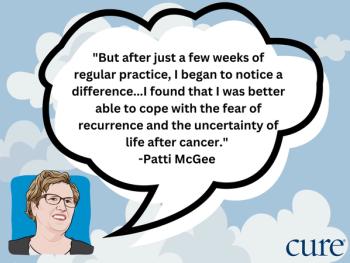
In honor of mental health awareness month, we’re highlighting four blogs from cancer survivors about their emotional struggles and the methods they use to cope.